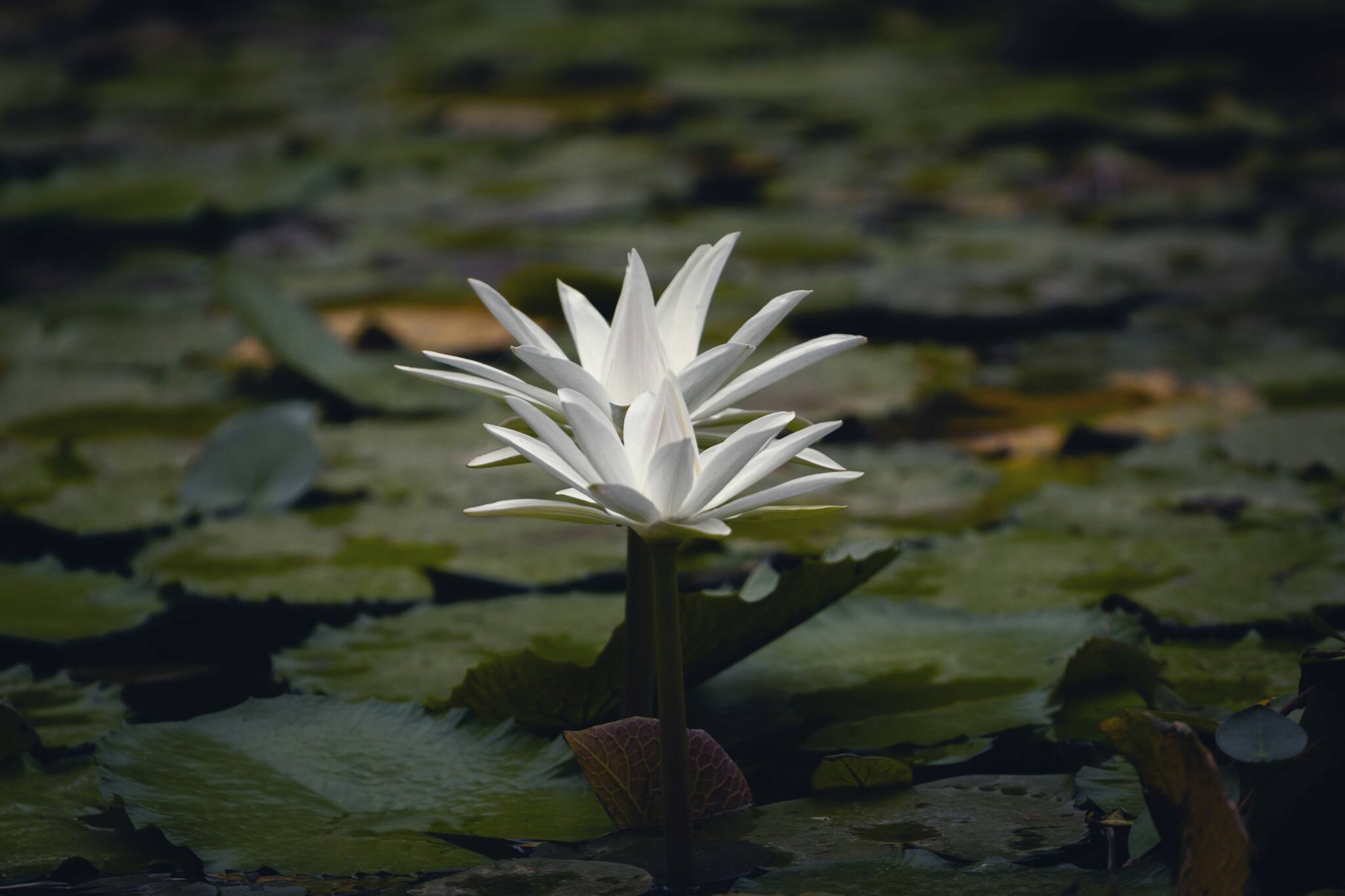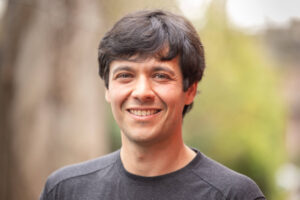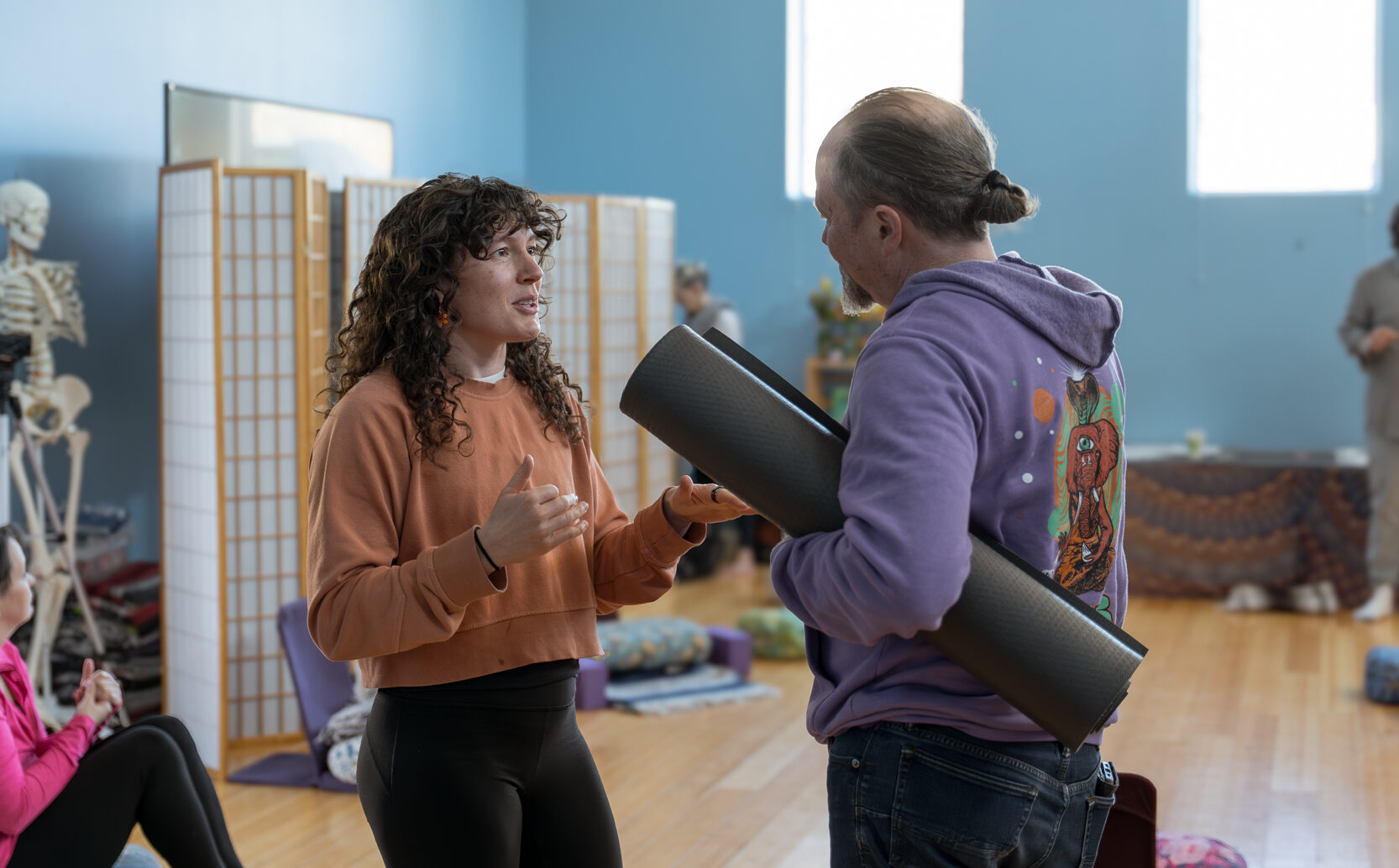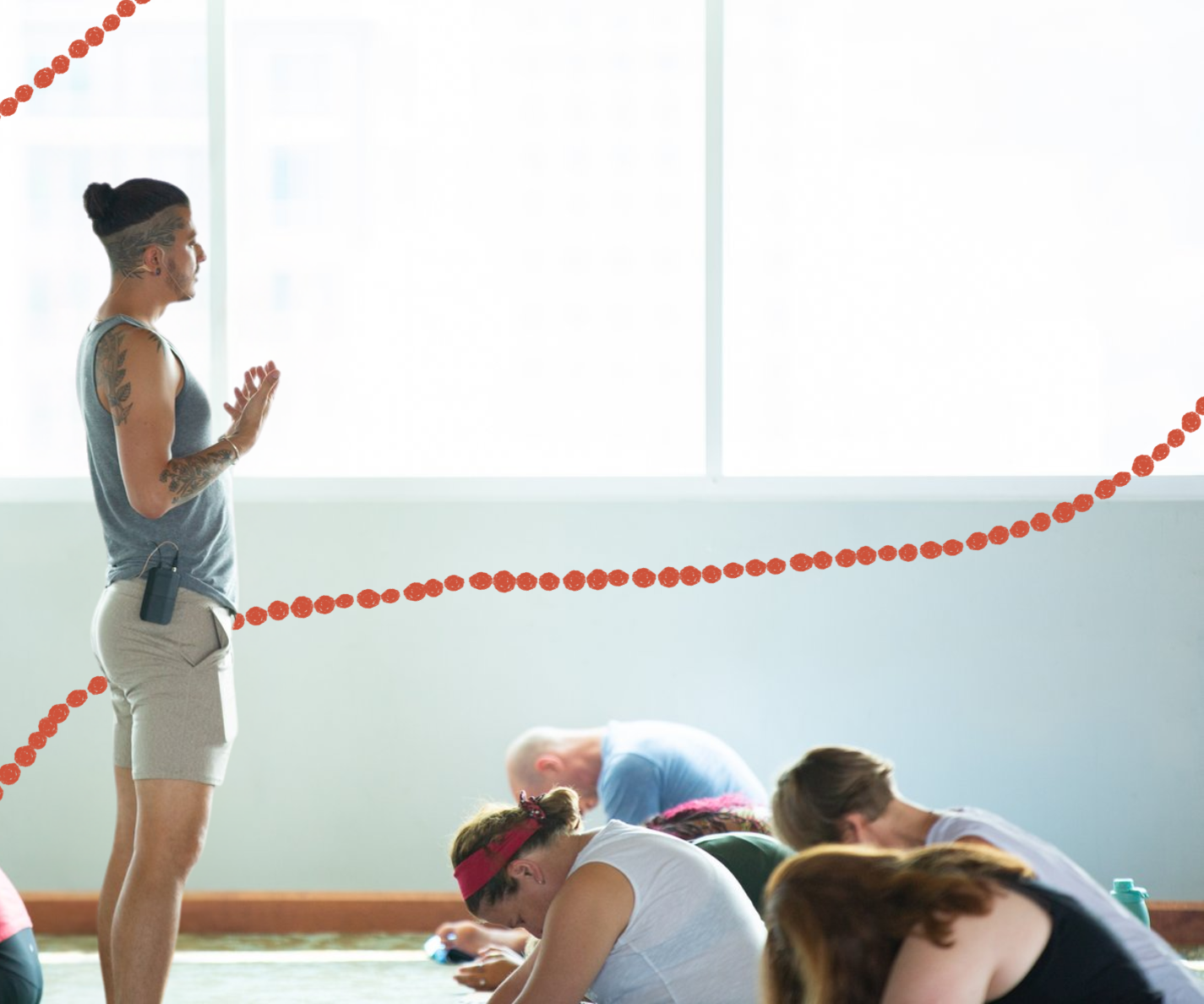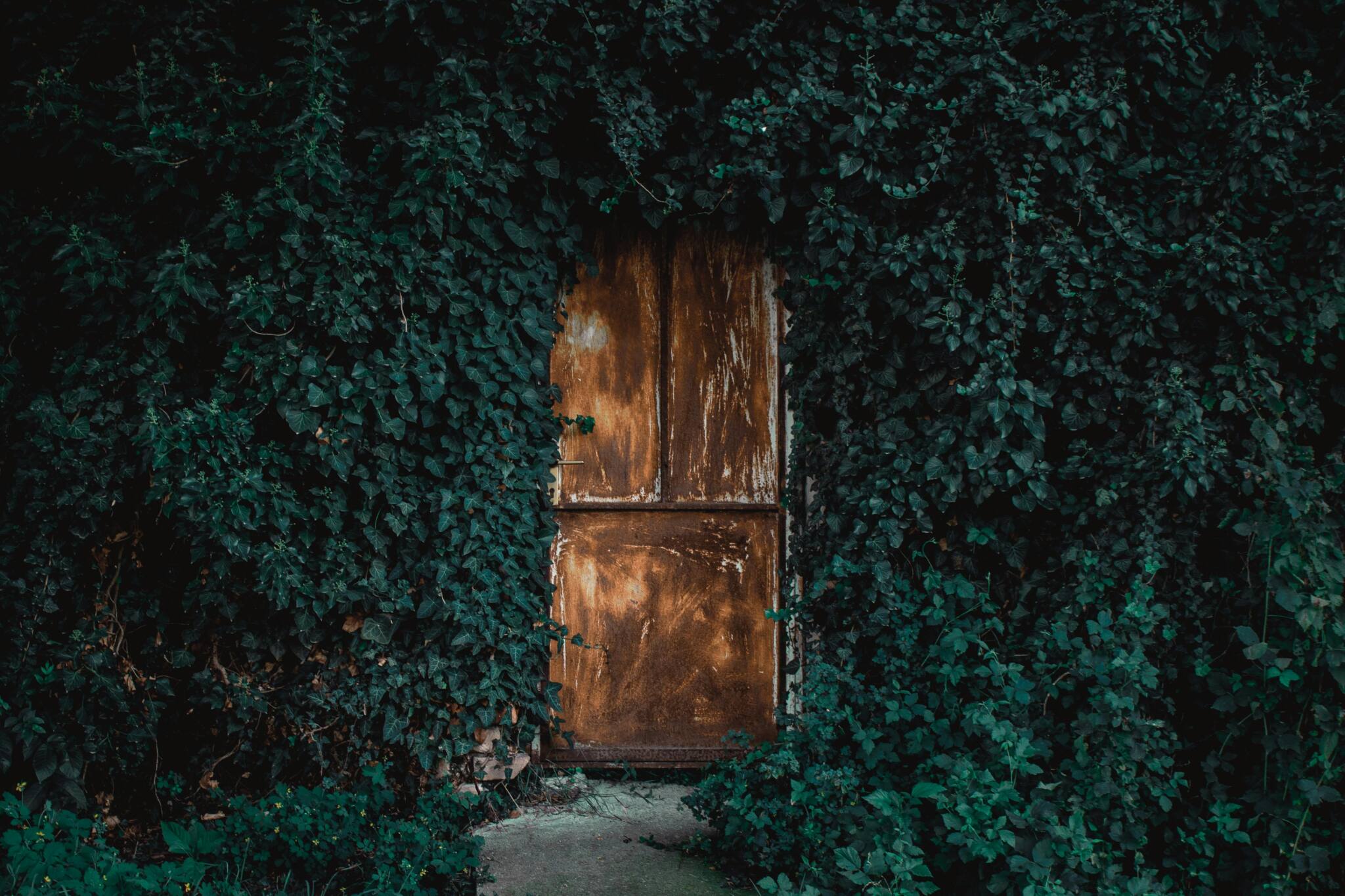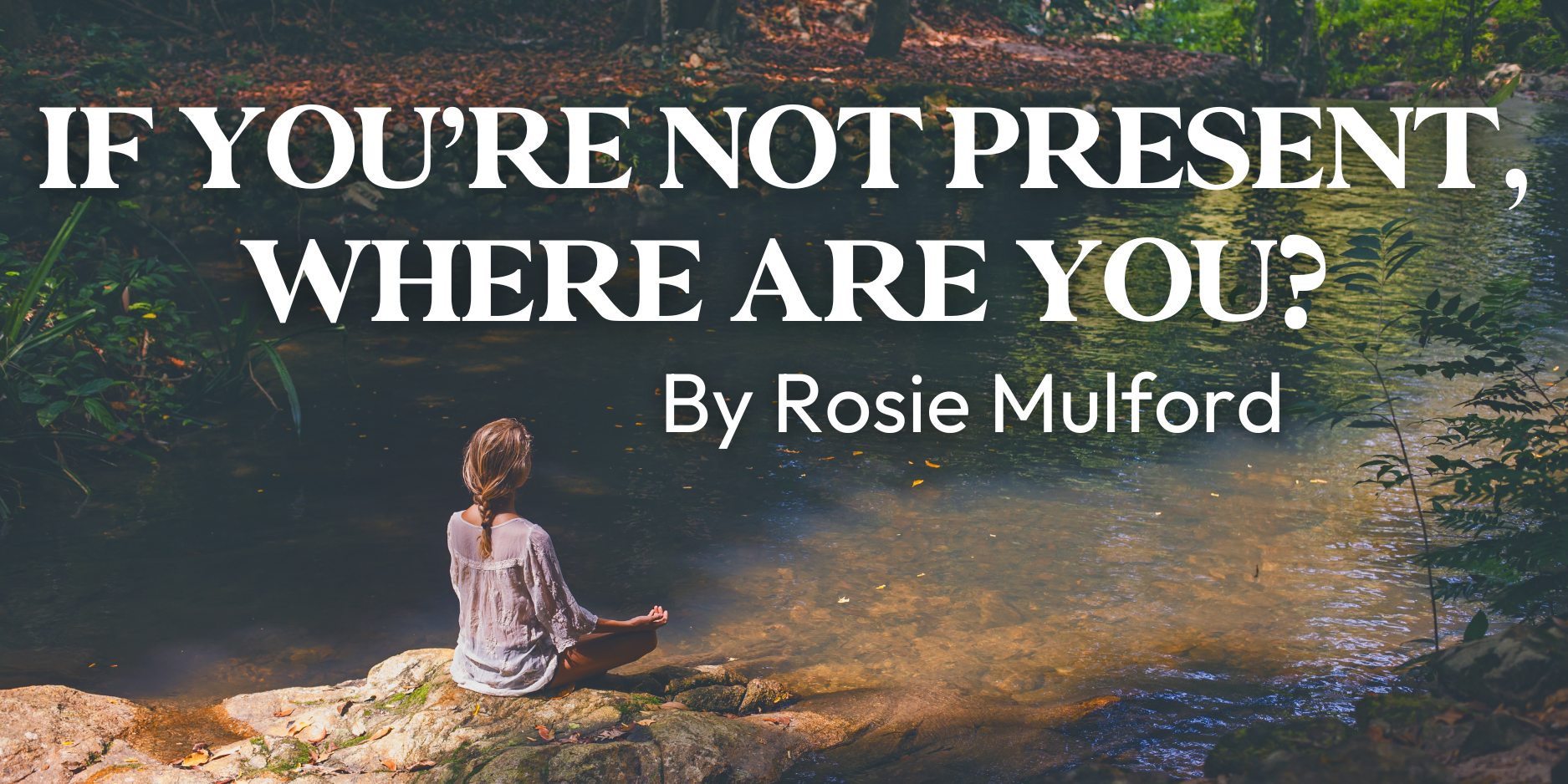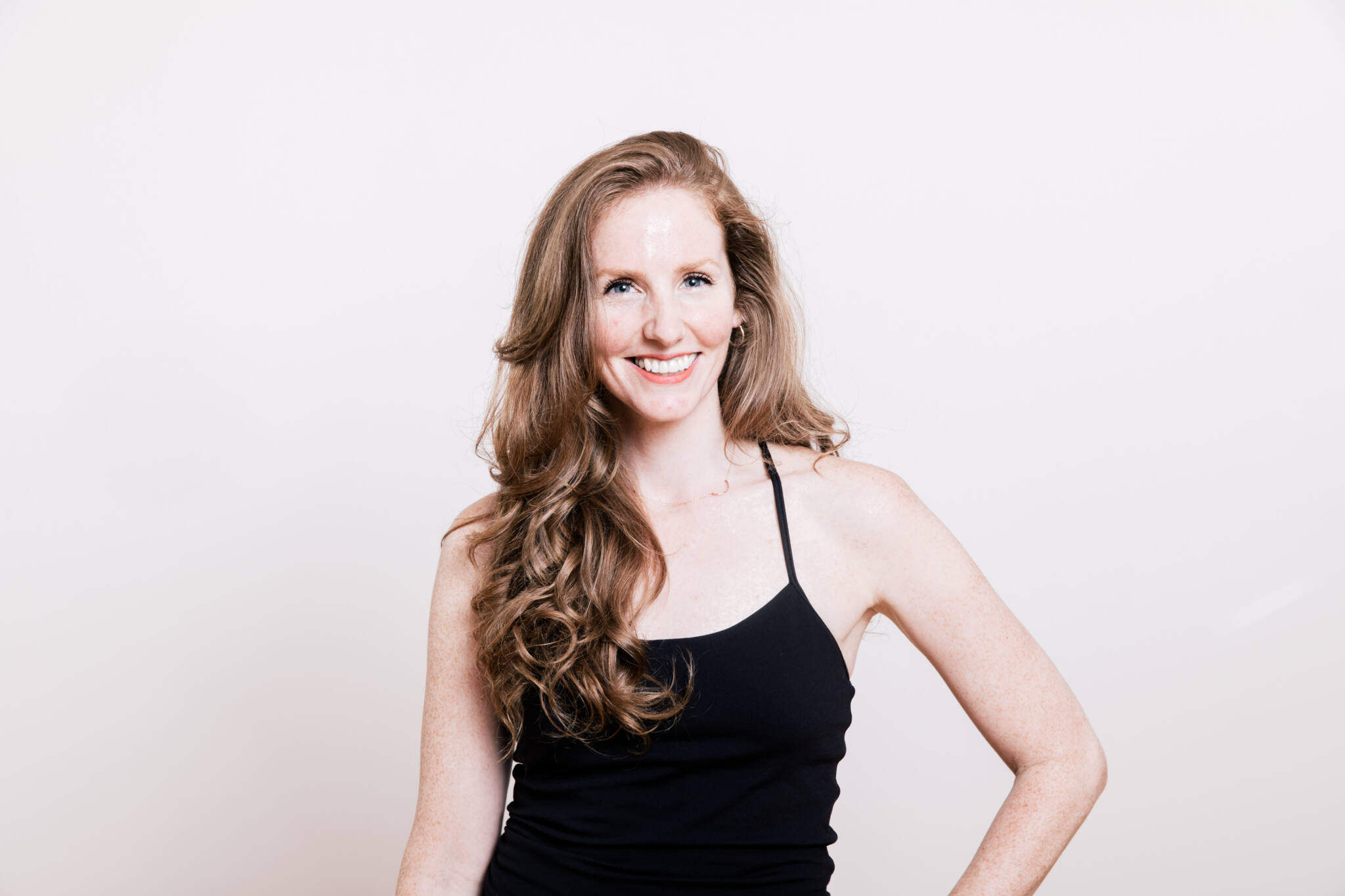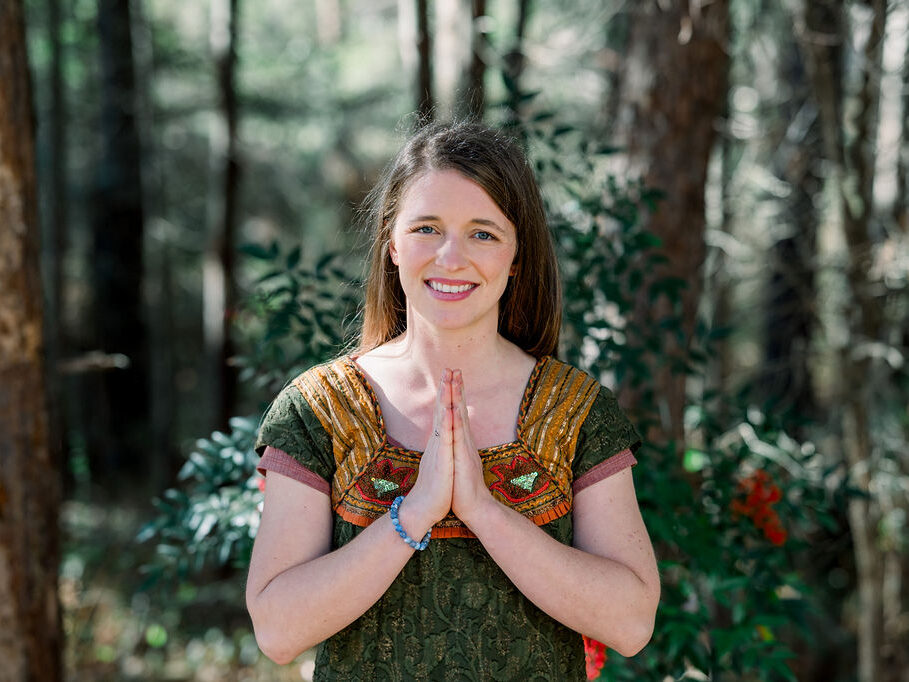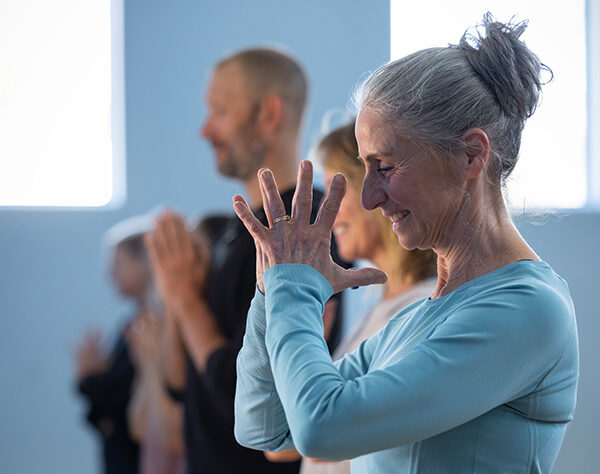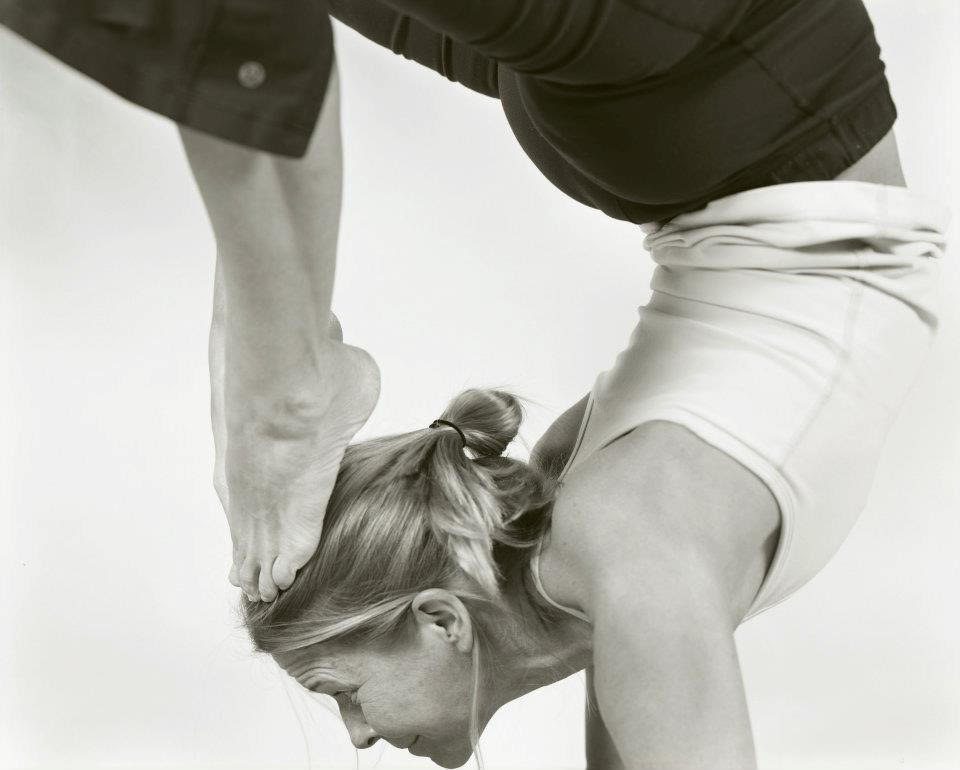This month our theme at AYC is “No Mud, No Lotus,” drawn from Buddhist meditation teacher Thich Nhat Hanh’s inspiring words. The lotus can symbolize many things. The lotus is revered for the way it pushes up through the thick heavy mud eventually rising to open and bloom in exquisite form and color into the light. The dense, fertile mud is essential to the creation of the lotus– just as challenge, disclarity, grief, mystery, depression, and other difficulties — can at times be an essential fertilizer for our own personal growth. We honor the lotus and the mud as a reflection of an earthy approach to life and yoga that embraces the nitty gritty as a vital part of a practical spirituality.
In the spirit of “No Mud, No Lotus,” I have been re-reading a beautiful book that was introduced to me by my first yoga teacher Doranne Crable some 30 years ago “Letters To A Young Poet” by Rainer Maria Rilke. I was suffering from a broken heart when I first read the book, and had turned to yoga and other spiritual practices for emotional healing. I found great solace in Rilke’s words about the value of being deeply present with sadness. I hope you find some nourishment in his words as well:
“Perhaps many things inside you have been transformed; perhaps somewhere, someplace deep inside your being, you have undergone important changes while you were sad….If only it were possible for us to see farther than our knowledge reaches, and even a little beyond the outworks of our presentiment, perhaps we would bear our sadnesses with greater trust than we have in our joys. For they are the moments when something new has entered us, something unknown; our feelings grow mute in shy embarrassment, everything in us withdraws, a silence arises, and the new experience, which no one knows, stands in the midst of it all and says nothing.
That is why the sadness passes: the new presence inside us, the presence that has been added, has entered our heart, has gone into its innermost chamber and is no longer even there, is already in our bloodstream. And we don’t know what it was. We could easily be made to believe that nothing happened, and yet we have changed, as a house that a guest has entered changes. We can’t say who has come, perhaps we will never know, but many signs indicate that the future enters us in this way in order to be transformed in us, long before it happens.
And that is why it is so important to be solitary and attentive when one is sad: because the seemingly uneventful and motionless moment when our future steps into us is so much closer to life than that other loud and accidental point of time when it happens to us as if from outside. The quieter we are, the more patient and open we are in our sadnesses, the more deeply and serenely the new presence can enter us, and the more we can make it our own, the more it becomes our fate; and later on, when it “happens” (that is, steps forth out of us to other people), we will feel related and close to it in our innermost being. And that is necessary.”
– Rainer Maria Rilke
